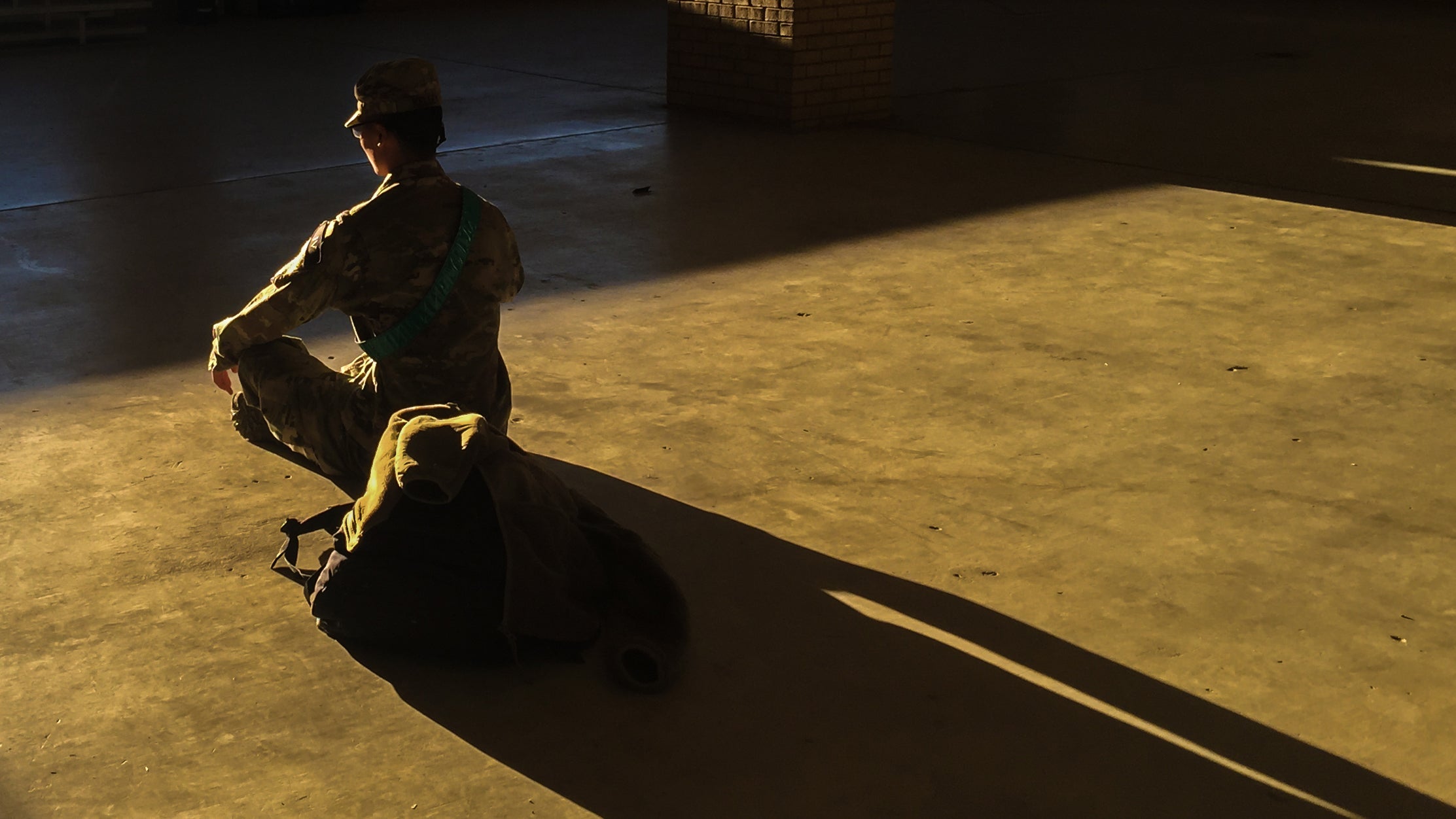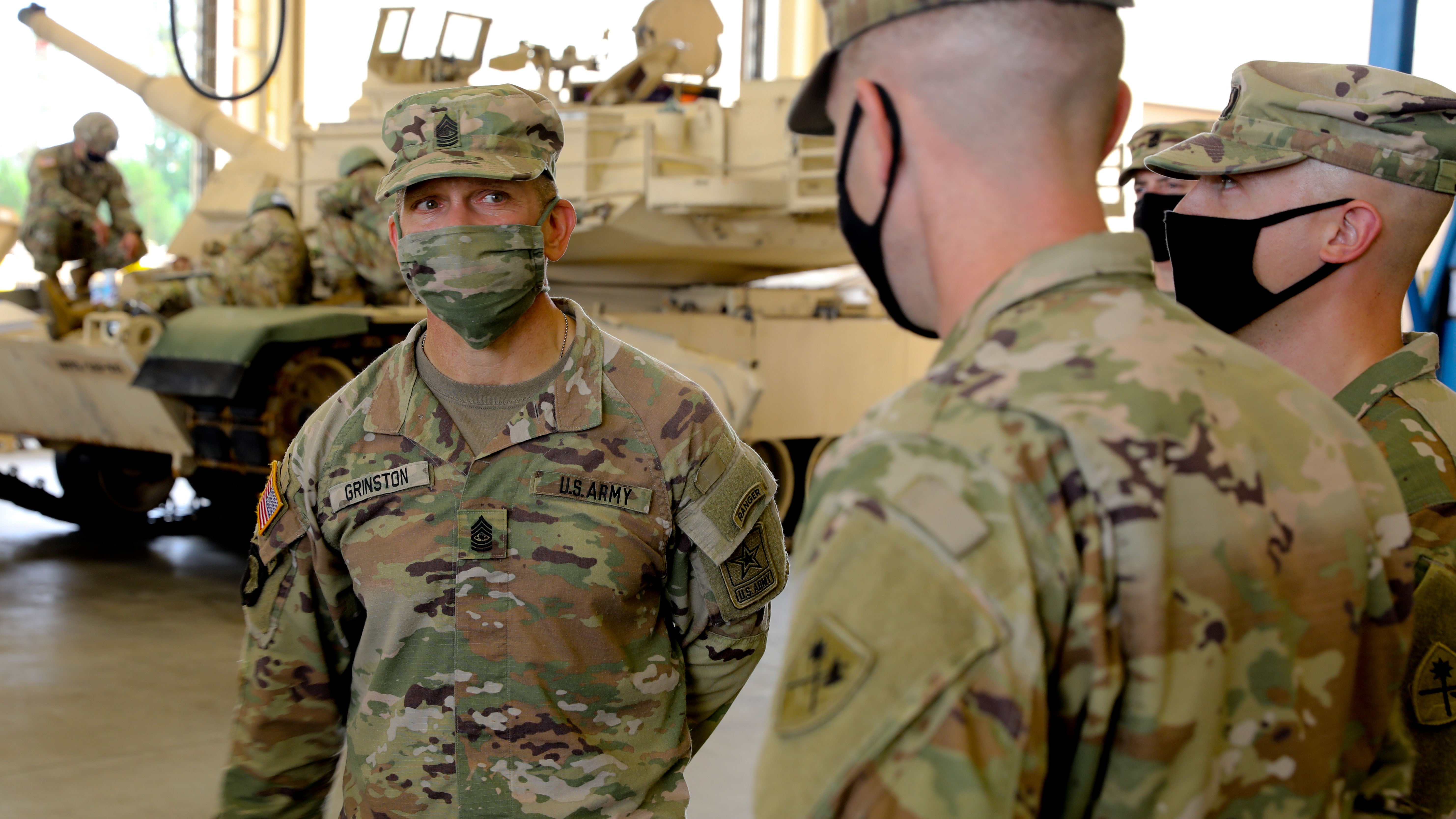New White House Plan Aims to Reduce Military Suicides

The White House has released a new public health strategy to reduce military and veteran suicides that tries to focus on action rather than awareness.

The White House has released a new public health strategy to reduce military and veteran suicides that tries to focus on action rather than awareness.

The Association of the U.S. Army is supporting a Senate bill requiring DoD to review military suicide prevention programs.
Sponsored by Sen. Joni Ernst of Iowa, a retired Iowa Army National Guard lieutenant colonel, the Save Our Servicemembers Act, or S.O.S Act, directs the Pentagon to increase collaboration among the various military offices and programs involved in suicide prevention by determining which programs work the best and improving data collection.
In July 2014, I was in my 36th year of military service, a two-star general, a combat veteran and president of the National Defense Uni

The National Guard and Army Reserve are stepping up efforts to tackle the most pressing mental health care issues facing their soldiers.

Senior Army leaders reaffirmed their commitment to eliminating suicide in the ranks after the DoD annual suicide report for 2020 showed an increase in soldier deaths.
“Suicide remains a significant challenge for our Army,” Army Secretary Christine Wormuth and Chief of Staff Gen. James McConville said in a joint statement.
The DoD report for calendar year 2020 showed an upward trend in the number of suicides annually over the past five years, the statement said.

The Army can do more to help prevent suicides among soldiers, according to a senior leader, who said the service is about to begin a “deep dive” into the cause of suicides over the past two years among young active-duty soldiers.

The Association of the U.S. Army is hosting a webinar on suicide prevention and awareness efforts in the Army.
The event, part of the Thought Leaders series, will feature James Helis, director of the Army Resilience Directorate. It begins at 2 p.m. Eastern on Sept. 21.
Attendance is free, but registration is required here.

Army efforts to take care of people are critical to maintaining readiness, the service’s senior enlisted leader said.
“We need to look at our people as readiness and then we build up from there,” Sgt. Maj. of the Army Michael Grinston said.
Speaking Aug. 31 at the Fires Conference 2021, a three-day virtual event hosted by the Fires Center of Excellence at Fort Sill, Oklahoma, Grinston emphasized the importance of the Army’s People First focus.
Sleep is vital to rest the body and, most importantly, to reset the brain.
AUSA’s Thought Leaders webinar series—an extension of our Thought Leaders podcast—focuses on contemporary military authors and senior military leaders. Thought Leaders seeks to educate the public on critical issues affecting land forces and strategy.